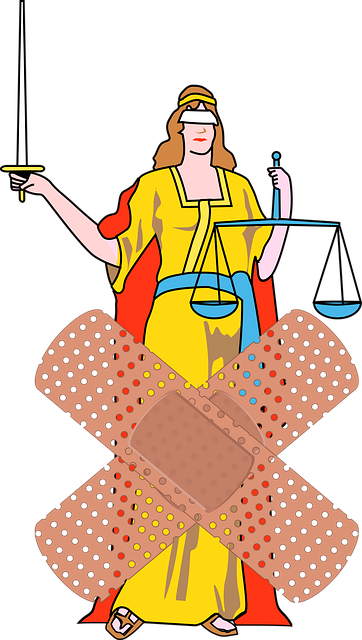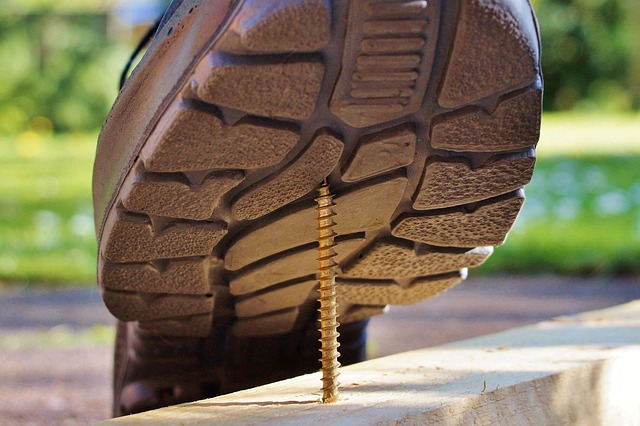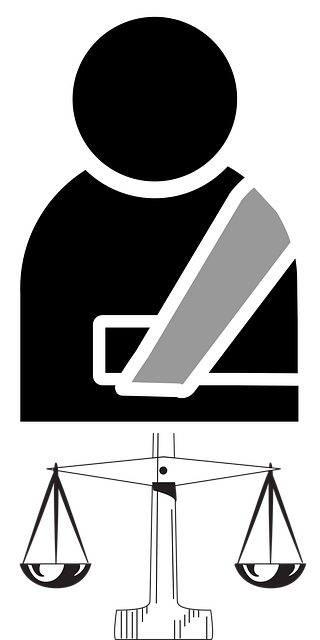Victims of personal injuries in Peoria need to understand local laws for justice. A lawsuit requires identifying at-fault parties, gathering evidence like medical records and witness statements, filing a claim, and proving negligence to receive compensation for damages, including lost wages and pain and suffering. Consulting an experienced attorney is crucial for navigating the process, managing evidence, negotiations, and courtroom representation in a Peoria Personal Injury Lawsuit.
“If you’re a victim of personal injury in Peoria, understanding your rights under local laws is crucial. This article guides you through the intricate aspects of Peoria personal injury lawsuits, focusing on key areas like understanding relevant laws, building a compelling case, and navigating the legal process effectively. By the end, you’ll be equipped with knowledge to assert your rights and secure the compensation you deserve.”
- Understanding Personal Injury Laws in Peoria
- Building a Solid Case for Compensation
- Navigating the Legal Process: Your Rights and Steps
Understanding Personal Injury Laws in Peoria

In the event of a personal injury, understanding your rights under Peoria’s legal framework is paramount for victims seeking justice and compensation. The city’s personal injury laws are designed to protect individuals who have suffered harm due to another party’s negligence or intentional actions. These laws outline the procedures for filing a lawsuit, establishing liability, and determining damages.
A Peoria Personal Injury Lawsuit involves several key steps. First, victims must identify the at-fault party and gather evidence related to the incident. This includes medical records, witness statements, and any relevant documentation. Once prepared, individuals can file a claim with the appropriate court, outlining their injuries and seeking compensation for medical expenses, pain and suffering, and other associated losses. The legal process then proceeds through discovery, negotiations, or trial, where the truth of the case is determined, and a resolution is reached.
Building a Solid Case for Compensation

When pursuing a Peoria personal injury lawsuit, building a solid case for compensation requires a strategic approach. It starts with gathering compelling evidence, such as medical records, witness statements, and photographs of the accident scene. These documents play a crucial role in demonstrating the extent of injuries suffered and the negligence of the at-fault party.
Additionally, it’s essential to consult with an experienced personal injury attorney who understands Peoria personal injury laws. They can help navigate the legal process, ensure all deadlines are met, and advocate for fair compensation based on factors like lost wages, medical expenses, pain and suffering, and other relevant damages.
Navigating the Legal Process: Your Rights and Steps

Navigating the legal process after a personal injury can be overwhelming, but understanding your rights and steps is crucial for Peoria personal injury victims. The first step is to seek medical attention immediately if you haven’t already, as this establishes a clear record of your injuries. Next, document everything related to the incident: take photos of wounds or property damage, keep records of medical treatments, and gather contact information from witnesses.
Once prepared, file a claim with the appropriate insurance company or, if necessary, initiate a Peoria personal injury lawsuit. Consult with an experienced attorney who specializes in personal injury law for guidance throughout the process. They will help you understand your legal options, gather evidence, negotiate with insurance companies, and represent you in court if needed, ensuring you receive fair compensation for your injuries and losses.
If you’ve suffered a personal injury in Peoria, understanding your rights under local laws is crucial. By building a solid case and navigating the legal process conscientiously, victims can secure the compensation they deserve. Remember that a Peoria personal injury lawsuit isn’t just about financial redress; it’s a means to hold accountable those responsible for your pain and suffering.
